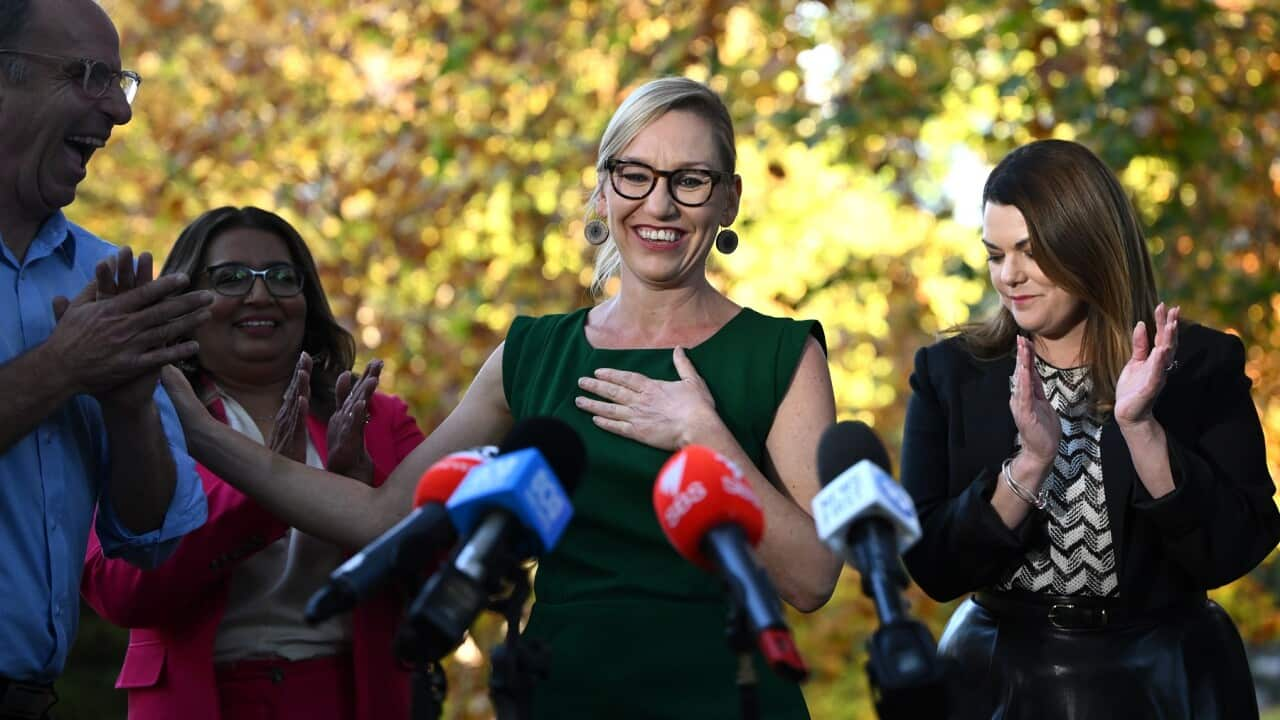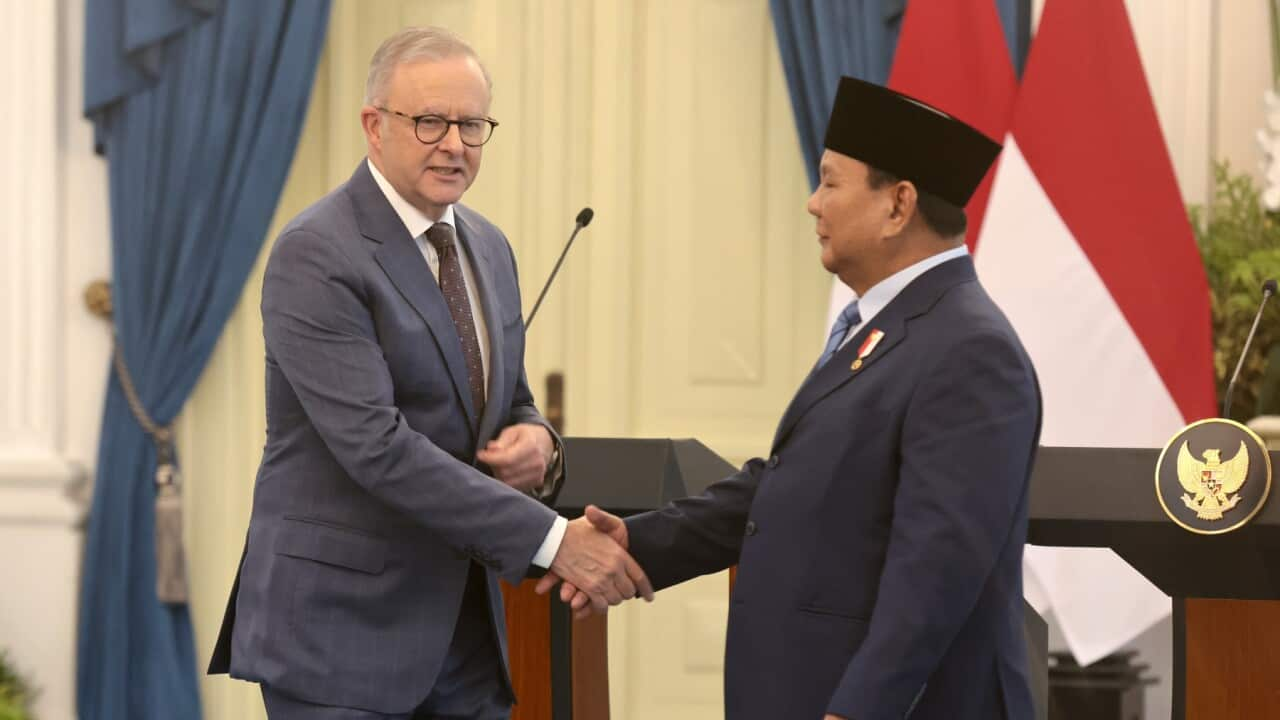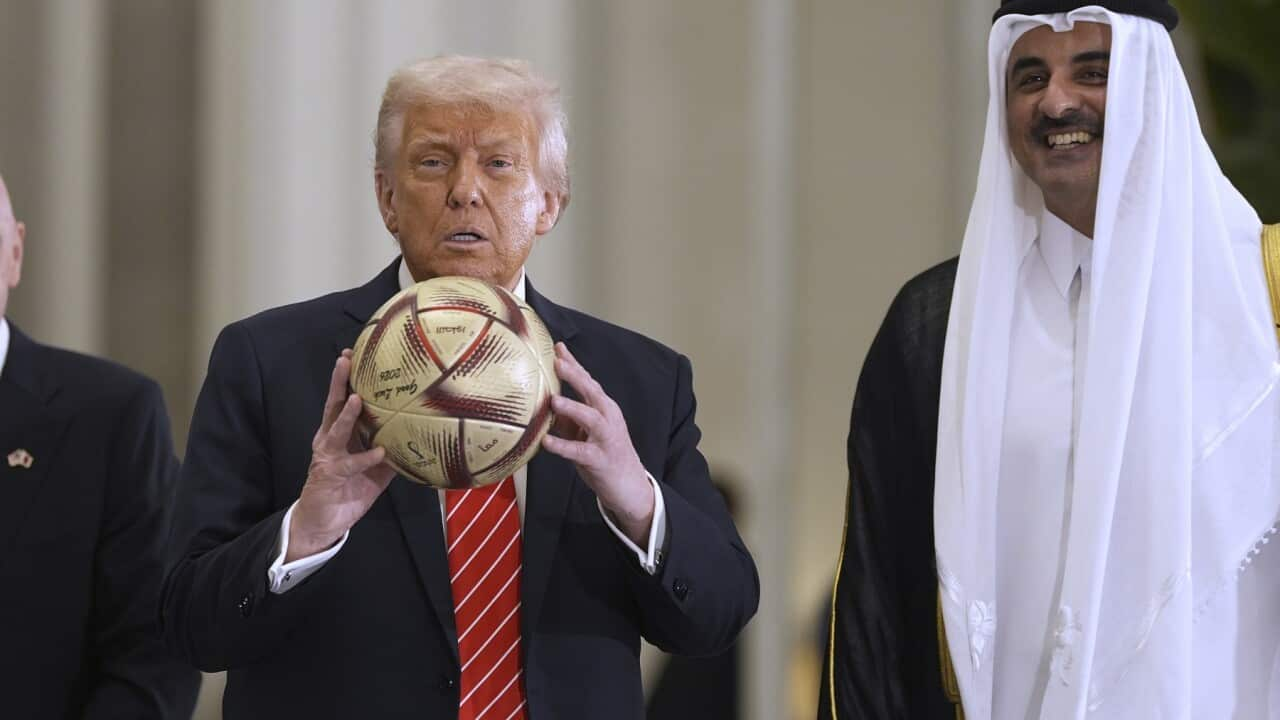TRANSCRIPT
The United Nations may have demanded an immediate humanitarian ceasefire in Gaza but there's no sign that the Israeli government is planning to pull back its campaign.
Even United States President Joe Biden - arguably Israel's greatest international ally - has strongly criticised what he calls the 'indiscriminate bombing of civilians'.
And despite that warning and the ceasefire call, growing criticism of the campaign in Gaza, and the increasing list of troop casualties, Israeli citizens still insist the army should not back off from its unrelenting offensive to crush Hamas.
Adam Saville is an Israeli citizen working for a not-for-profit academic institution in Jerusalem:
"I think the civilian death toll is horrendous. It's awful. It's terrible. But again, we didn't start this. You can't attack us, do unspeakably horrific things to our people and then say, oh, you're killing too many of our people in the response to the horrific acts that you did on us. It's awful. It's awful that there are so many civilian casualties. And if we could, we are doing our very best to try and avoid them. But this is war, and that's what happens in war."
Israel is facing growing diplomatic isolation as the civilian death toll in Gaza rises and the humanitarian catastrophe worsens.
The Israeli Dfence Force announced its worst combat losses for more than a month following an ambush in the ruins of Gaza City.
Ten of its soldiers were killed in a 24-hour period this week, including a full colonel commanding a forward base and a lieutenant-colonel commanding a regiment.
It's the worst one-day loss since 15 were killed on October 31st.
Israeli Prime Minister Benjamin Netanyahu told soldiers in Gaza over the radio that they would continue the offensive until victory is achieved.
"I want you to pass this along to the last of the soldiers - we're continuing until the end, until victory, until Hamas is annihilated, let there be no doubt about this. This is important, it is a message I want to convey to each and every soldier over there."
Mr Netanyahu admits he is facing criticism but is not deterred.
"I say this in the face of great pain but also in the face of international pressures. Nothing will stop us, we will go to the end, to the victory, no less than that. I thank you, we do it because of you, through you, with God's help and with your help, thank you so much."
Israel had global sympathy when it launched a campaign to wipe out the Hamas militant group that controls Gaza after fighters stormed across the border on October 7th, killing 1,200 Israelis, mostly civilians, and seizing 240 hostages.
But since then, Israel's unrelenting campaign, which has laid much of Gaza to waste, has seen that sympathy fade away.
Gaza's health ministry - run by Hamas - says more than 18,600 people have been killed and nearly 51,000 injured in Israeli strikes on Gaza.
Many thousands more are feared lost in the rubble or beyond the reach of ambulances.
Warplanes again bombed the length of Gaza, and aid officials said the arrival of rainy winter weather has worsened the conditions for hundreds of thousands of families sleeping rough in makeshift tents.
The vast majority of Gaza's 2.3 million people have already been made homeless.
Dr Willis Agutu from UNICEF says the organisation has been able to deliver some aid consisting of mainly blankets, with more shipments of water and medical supplies to arrive.
But he admits to being overwhelmed.
"The situation is desperate so we are trying our best, just like other partners, so UNICEF is part of the international community helping to at least take care of this dire situation, and hopefully the situation can improve and the people... the mothers and children can get the support that they require."
The United Nations refugee chief has warned a U-N meeting in Geneva that the Gaza conflict could spur more displacement in the wider region.
Filippo Grandi, the United Nations High Commissioner for Refugees, told the Global Refugee Forum in Geneva they're expecting more civilian deaths and suffering.
And he appealed for more international funding for humanitarian aid as they are already running short:
"Many humanitarian organisations are facing severe funding challenges. UNHCR alone is lacking US$400 million to end the year with the minimum of needed resources, a shortfall we have not experienced in years, and we're all looking with much concern at 2024."













